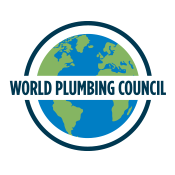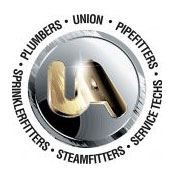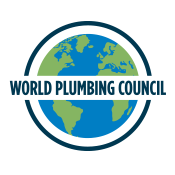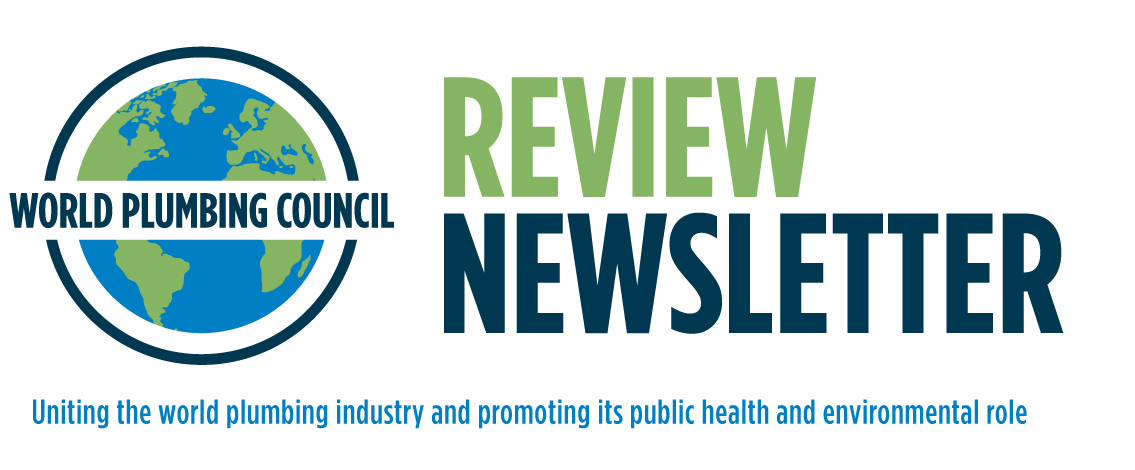Bataa Sandag
Winner 2015
From Mongolia visited Australia

This scholarship gave a huge contribution to my knowledge, education, and attitude. Now, I feel that plumbing is very important to nature and humanity… The scholarship has given a result of showing me many things. I am glad for WPC and Mr. Sudhakaran Nair who gave me this nice chance… I will try to contribute to my country’s development. I wish, this chance will be given to many other plumbers who are similar to me; and, who will contribute to their countries… When I returned to my country, I discussed to my little students about this scholarship; and, about how important professional plumbing is. Then, I introduced it to the teachers who I work with. I talked about Australian’s professional education system, method of theoretical and practical lessons, and things which I saw. Now, I am organizing Sand Square in my practical class. After my time in Australia, it is easier to teach about sewage, water pipes, and lines.
Abede Mack MBA, BA (Hons)
Winner 2014
From Trinidad & Tobago visited Germany

The learning exposure and occurrences was second to none. It provided me with a wealth of revelations that would go a long way in my career, professional and personal development, within the capacities of academic and vocational professional. Accepting this scholarship was a worthwhile investment as an individual. Not financially but for academic and personal development… Research and development is another area I learnt so much from visiting the BIBB institution granted a lot of insights for my personal and professional development. It gave me knowledge, tools and expertise in generating and applying real life research in TVET. I gained hands on capabilities in the German TVET system. The dual system could not go unnoticed it was an overwhelming positive experience to acquire the wealth of proficiencies and learning regarding the German’s dual system.
Lennox Shade MA, BSc (Hons)
Winner 2013
From Trinidad and Tobago visited Germany

The aim of the tour was to search for those factors that foster the growth and development of the vocational identity or plumbing identity in students as a predictor of their completing their training while in school and remaining with the vocation in the future. A problem-based approach was adopted to increase the tour relevance to local plumbing education and industry realities… Premised vocational plumbing education and training upon sound, tested, tried and enduring idea and beliefs. These underpinning do not have to be traditional underpinning neither do they have to be identical to the German’s. It could be enduring and common ways that a peculiar society views things like a human, the nature of students the role of teachers, knowledge, what should the curriculum emphasizes, what learning environment best suits what we’ve got, teaching methods and the social functions of not just the school but the social function of the vocation as well. These tasks must of necessity be undertaken by vocational experts… Real opportunities for lifelong education need be provided within the vocation which enables students to see themselves not growing in the trade but taking ownership of its as well.
Peter Miles
Winner 2012
From Australia visited United Kingdom and Ireland

What is different though is what we cover and what is practiced in the workplace. The most obvious gap is underground drainage. Underground drainage may be covered in Ireland but is not practiced by all plumbers so what does this mean? It means that most plumbers from the UK and some from Ireland will have a definite gap of underground drainage. This means that it is a stream of our course where they can start gap training almost immediately depending upon availability at the time. Plumbers from Ireland would need to be interviewed about their experience and what evidence they have as some may only need updating on the theoretical and design concepts due to their practical experience… My research has confirmed, changed and added to the picture I had already formulated. It confirmed the need for individualisation in RPL although identified a need for targeted courses, changed my perspective of training and practices in the UK and Ireland, and added to the picture of training and work practices that I left with. This may be the conclusion of this report but in reality, it is just the beginning.
Scholarship funded by the following organizations:



